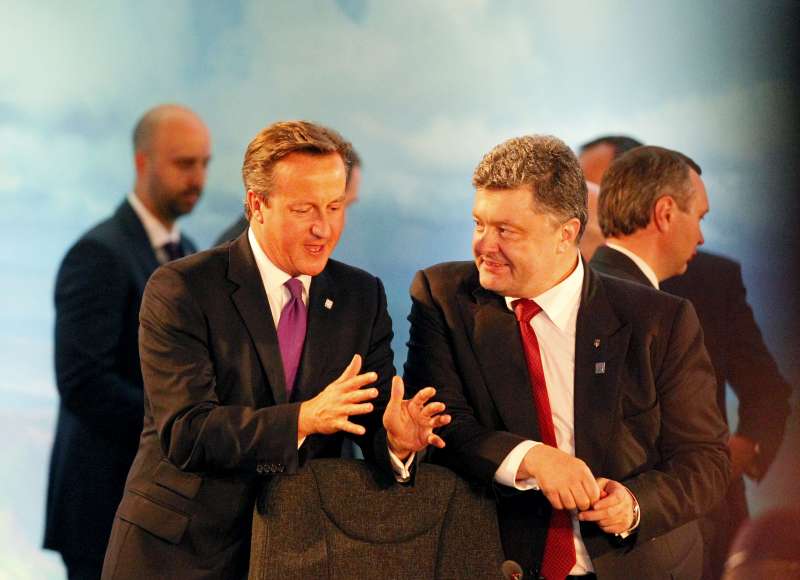EU delays implementation of association agreement with Ukraine

The European Union (EU) announced to delay implementation of the association agreement with Ukraine until the end of 2015. EU Trade Commissioner Karl De Gucht, Minister of Foreign Affairs of Ukraine Pavlo Klimkin and Minister of Economic Development of the Russian Federation Alexei Ulyukayev in a trilateral ministerial meeting agreed on the importance of promoting trade liberalisation in support of growth and greater prosperity, in line with their WTO obligations, Xinhua reported.
The statement said the commission is ready, in the event that Ukraine ratifies the association agreement with the EU, to propose additional flexibility. Such flexibility will consist in delaying until December 31, 2015.
The three parties will continue to consult on how to address concerns raised by Russia. The progress of these consultations will be reviewed at trilateral ministerial meetings.
On the basis of this understanding, Russia and Ukraine confirm that they will continue to apply the Commonwealth of Independent States Free Trade Agreement (CISFTA) preferential regime.
US sanctions on Russia
The US Friday slapped tougher sanctions on Russia over the Ukraine crisis, targeting Russia’s largest bank and leading energy and defence technology firms.
The US added Russia’s largest bank — Sberbank of Russia — to the existing prohibitions on US persons providing equity or certain long-term debt financing and tightened the debt financing restrictions on six Russian banks, Xinhua quoted the US Treasury Department as saying in a statement.
The new sanctions also banned US individuals or companies from involving new debt of greater than 30 days maturity issued by Rostec, a major Russian defence conglomerate, and blocked the assets of five Russian state-owned defence technology firms.
In addition, the US prohibits American entities from providing goods, services or technology to five Russian energy companies in relation to Russian deep water, Arctic offshore, or shale projects that have the potential to produce oil, according to the statement.
“Given Russia’s direct military intervention and blatant efforts to destabilize Ukraine, we have deepened our sanctions against Russia today, in concert with our European allies,” US Treasury Secretary Jacob Lew said in a statement.
“These steps underscore the continued resolve of the international community against Russia’s aggression,” Lew added.
In a statement issued, US President Barack Obama said the new round of punitive measures was implemented “in light of Russia’s actions to further destabilise Ukraine over the last month, including through the presence of heavily armed Russian forces in eastern Ukraine”.
Obama reiterated that the sanctions against Russia can be rolled back if it fully implements its commitments. But he also warned of imposing tougher costs on Russia if it continues its “aggressive actions and violations of international law”.
The US move came after the European Union (EU) announced restrictive measures against Russia’s financial and energy sectors Thursday.